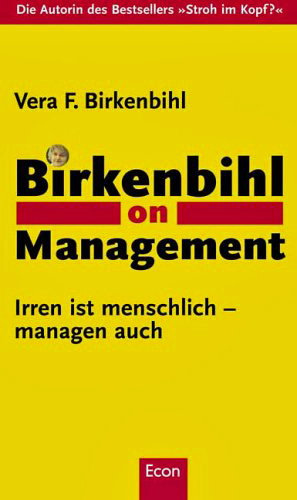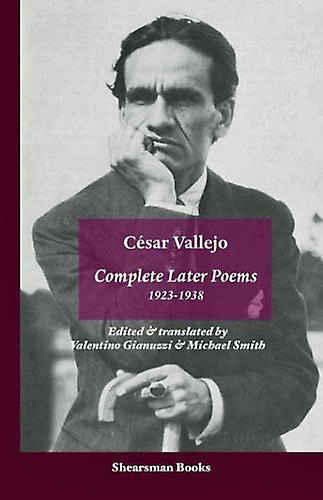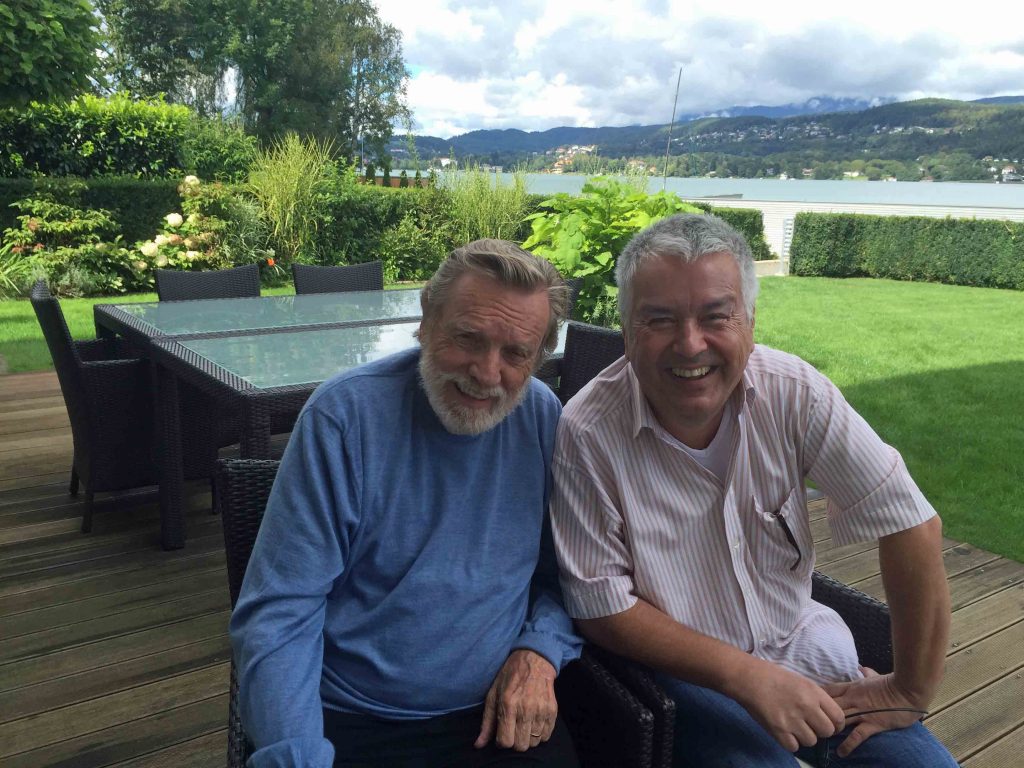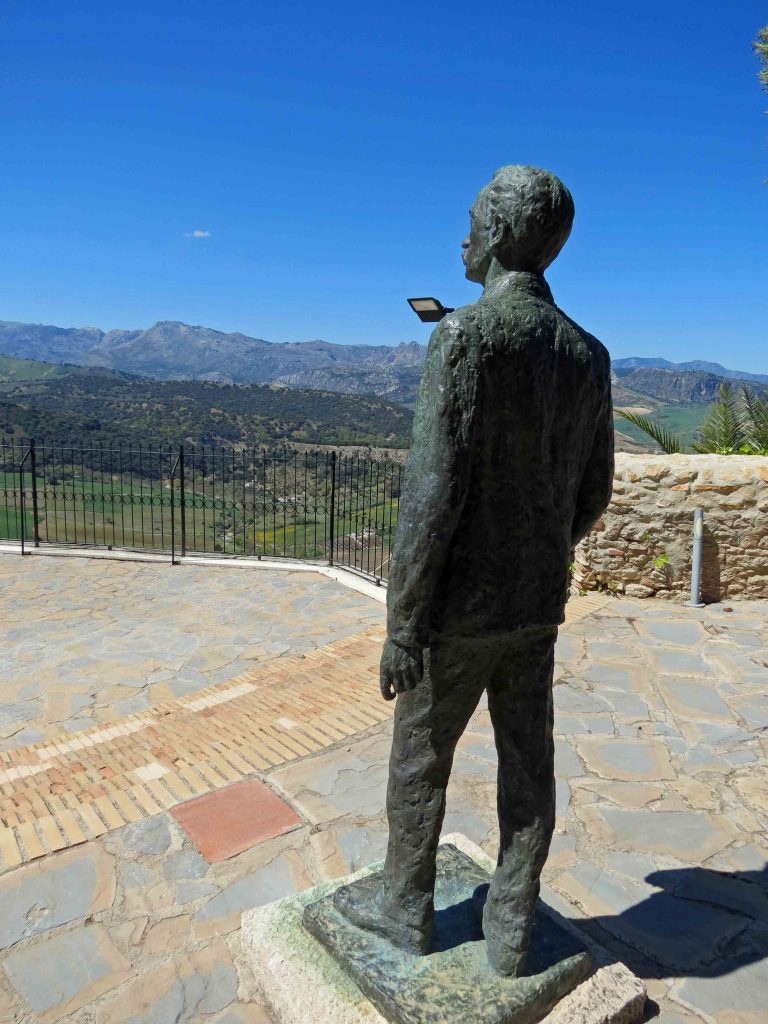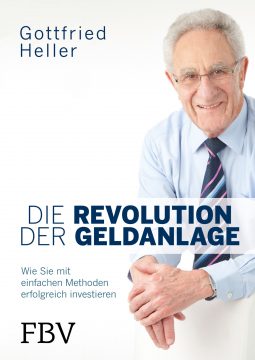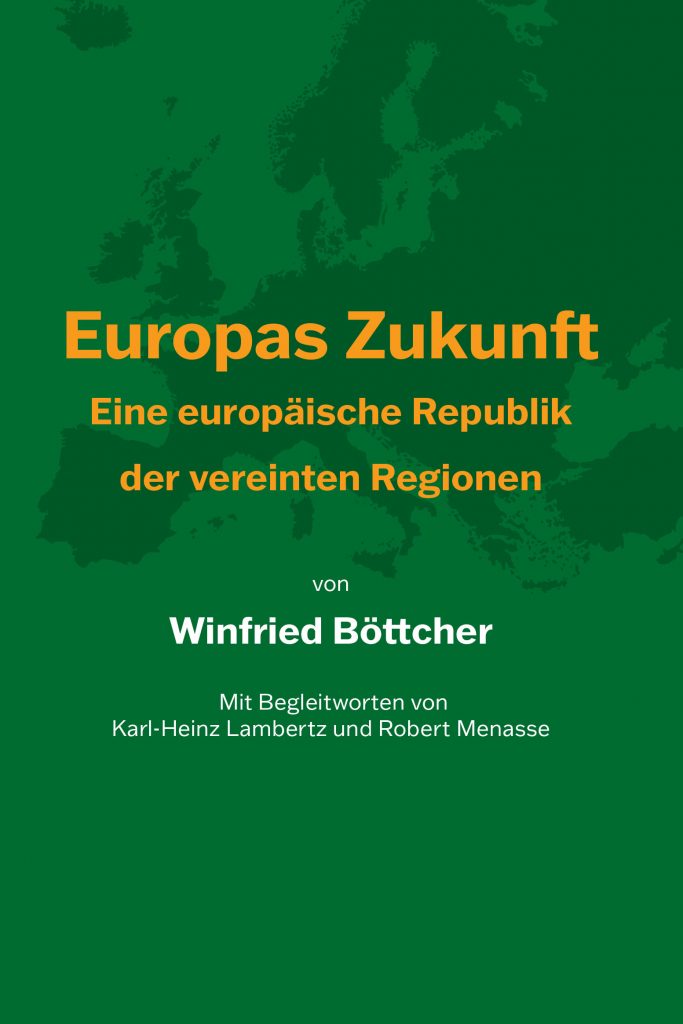
Das wunderbare Friedensprojekt Europa, hervorgebracht durch den Schmerz zweier schrecklicher Kriege, hat in unseren Tagen kräftig an Glanz verloren. Zum einen bedrohen Nationalismus, Rechtsextremismus und Populismus das europäische Demokratiemodell. Dazu kommen hausgemachte Irrwege wie zu viel Bürokratie und ein paternalistischer Zentralismus. Diese Entwicklung stimmt traurig. In der Diagnose der europäischen Misere wird man wohl schnell auf einen Nenner kommen, doch wie lautet die Therapie?
Winfried Böttcher zeigt in seinem neuen Buch auf, dass es keinen Sinn macht, das Machtgefüge des überlebten Nationalstaates auf ein übergeordnetes europäisches Konstrukt zu übertragen. Denn Zentralinstanzen engen ein, gewähren ihren Subsystemen zu spät und nur eingeschränkt selbstbestimmte Freiräume. Jedoch hat die Idee Europas immer die Anerkennung der ethnischen, historischen und kulturellen Eigenarten einbezogen.
Um aus dem Notstand zwischen Anspruch und Wirklichkeit herauszufinden, schlägt der Aachener Wissenschaftler vor, ein oder zwei Schritte zurückgehen, um die Sicht auf die Utopie wieder freizulegen. Winfried Böttchers Grundannahme lautet, dass der Nationalstaat seine historische Funktion erfüllt hat und einem wirklichen europäischen Integrationsprozess im Wege steht. Als Gegenentwurf skizziert der Politikwissenschaftler die Idee eines Europa der Regionen, in der eine kraftvolle regionale Identität als Antrieb eines lebendigen Gemeinwesens dient.
Aus der kleinräumigen Unverwechselbarkeit, man darf sie populär ruhig Heimat nennen, sollte sich eine Dynamik entwickeln, die nach innen festigt und nach außen hin öffnet. Die Selbstorganisation der Regionen mit am Wohl des Gemeinwesens orientierter vielfältiger Mitwirkung der Bürgerschaft an allen sie direkt betreffenden Angelegenheiten entwickelt so auf Grundlage der Subsidiarität eine neue Vision: die Demokratie als Lebensform.
Subsidiarität bedeutet in diesem Zusammenhang allerdings auch, die regionalen Systeme im Sinne autonomer Partizipation zu pflegen, auch unter Hinnahme des eigenen Machtverlustes der Europäischen Union. Schwer genug. Doch es gibt keinen anderen Weg: In einem System der Regionen in Form eines europäischen Föderalismus kann der Schutz von Minderheiten, der Respekt ihrer kulturellen Identität und ihre politische Teilhabe am besten gewährleistet werden.
Die Zukunft Europas liegt insofern in einer Kombination aus Regionalisierung und Internationalisierung. Ein Europa der vereinten Regionen wirkt mit seinem lebendigen Regionalismus nahe am Alltag der Menschen. Demokratische Partizipation und Solidarität vermögen, die anfallenden Probleme zu lösen und die europäischen Werte zu leben. Das Europa der Zukunft – so der Professor emeritus der RWTH Aachen – wird regional, föderal und humanistisch sein, oder es wird gar nicht sein.
Der Gegenentwurf des Aachener Wissenschaftlers für ein anderes Europa möchte den Menschen und seine Identität ins Zentrum aller Politik rücken. Dazu allerdings muss das europäische Haus in seinen Grundfesten neu angelegt werden, hierbei kommen Deutschland und Frankreich aus historischer Verantwortung die Rolle des Vorreiters zu.
Beim Lesen des neuen Buches von Winfried Böttcher überfällt den Leser ein Hauch von Wehmut. Denn die pointiert geschriebenen Einsichten zeigen, wie
![]()


